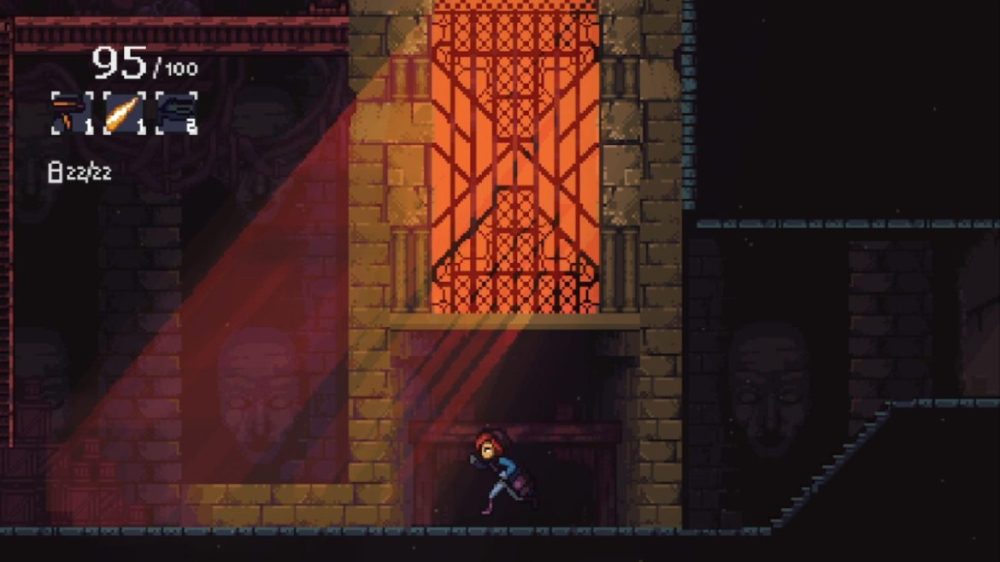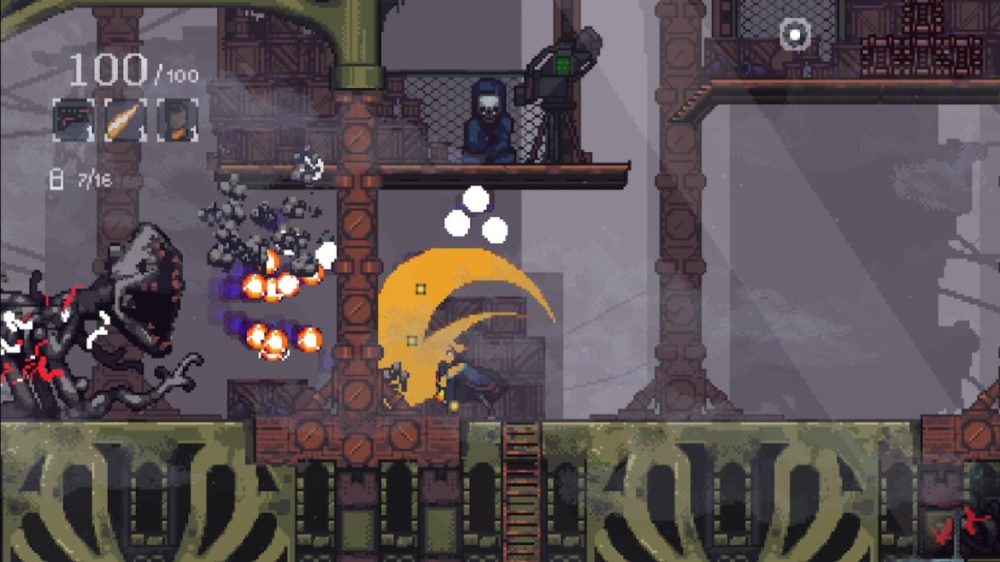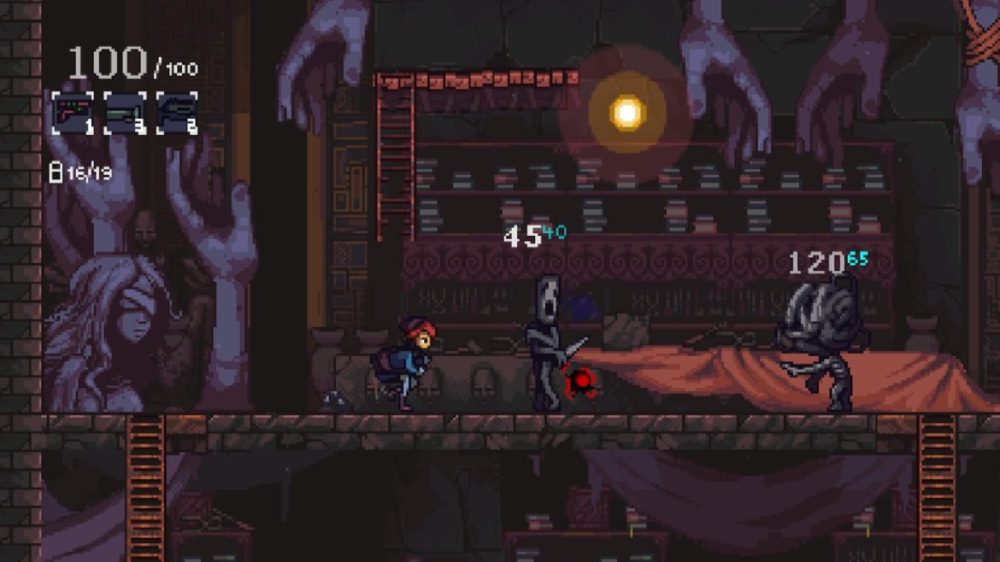TL;DR
Redo! drops you into a bleak, biomechanical future as humanity's last hope. This indie platformer boasts a compelling atmosphere with retro graphics and excellent sound design, featuring unique, degraded enemies. While the non-linear exploration offers freedom, it can lead to disorientation, and the early game combat can feel a bit sluggish with its limited mechanics and sparse checkpoints. However, unlocking new weapons and shields dramatically improves the experience. If you're looking for a challenging yet rewarding adventure with a strong narrative and a unique aesthetic, dive into the full review to see if Redo! is your next obsession.
In a dystopian future, players assume the role of a lone woman who represents humanity’s last hope. The game world is populated by biomechanical enemies, each exhibiting repetitive behaviors indicative of their former functions. Initially equipped with only a melee weapon, players will discover ranged weapons and shields as they progress. Redo! employs a non-linear structure, allowing for unrestricted exploration and player-driven progression. There is no prescribed method for completing the game.

Indie developers often excel at innovating within established genres. Redo!, at first glance, appears to be a standard platformer. However, deeper engagement reveals a complex narrative, complemented by RPG elements that distinguish Redo! from its peers.
The game establishes a bleak and isolating atmosphere through its music and, in particular, its sound design. The retro-inspired graphics are well-executed, and the enemy designs effectively convey their deteriorated state. Players will encounter a diverse range of opponents, each requiring unique tactical approaches. Initially, the player character’s limited weaponry results in sluggish attacks. This constitutes one of the initial drawbacks of Redo!: the core mechanics can feel frustrating early on. Frequent deaths, coupled with infrequent checkpoints, can lead to extended periods of repetition, especially if manual save points are missed.

Acquisition of new weapons and shields significantly enhances the gameplay experience in Redo!, unlocking previously inaccessible areas. The game’s non-linear structure, while offering player autonomy, also presents a potential challenge. While the freedom to explore is appreciated, the lack of clear direction can be disorienting (reminiscent of the Ori series). On several occasions, progress was hampered by inadvertently backtracking to earlier areas without realizing it.

In conclusion, Redo! offers a visually compelling and engaging experience, albeit one that is somewhat marred by its ambiguous direction and initially cumbersome mechanics. However, considering its budget-friendly price point and a playtime of approximately seven to twelve hours, this distinctive indie title warrants consideration.
Top Hat Studios provided a review code for this evaluation. Content providers do not influence our editorial process.

